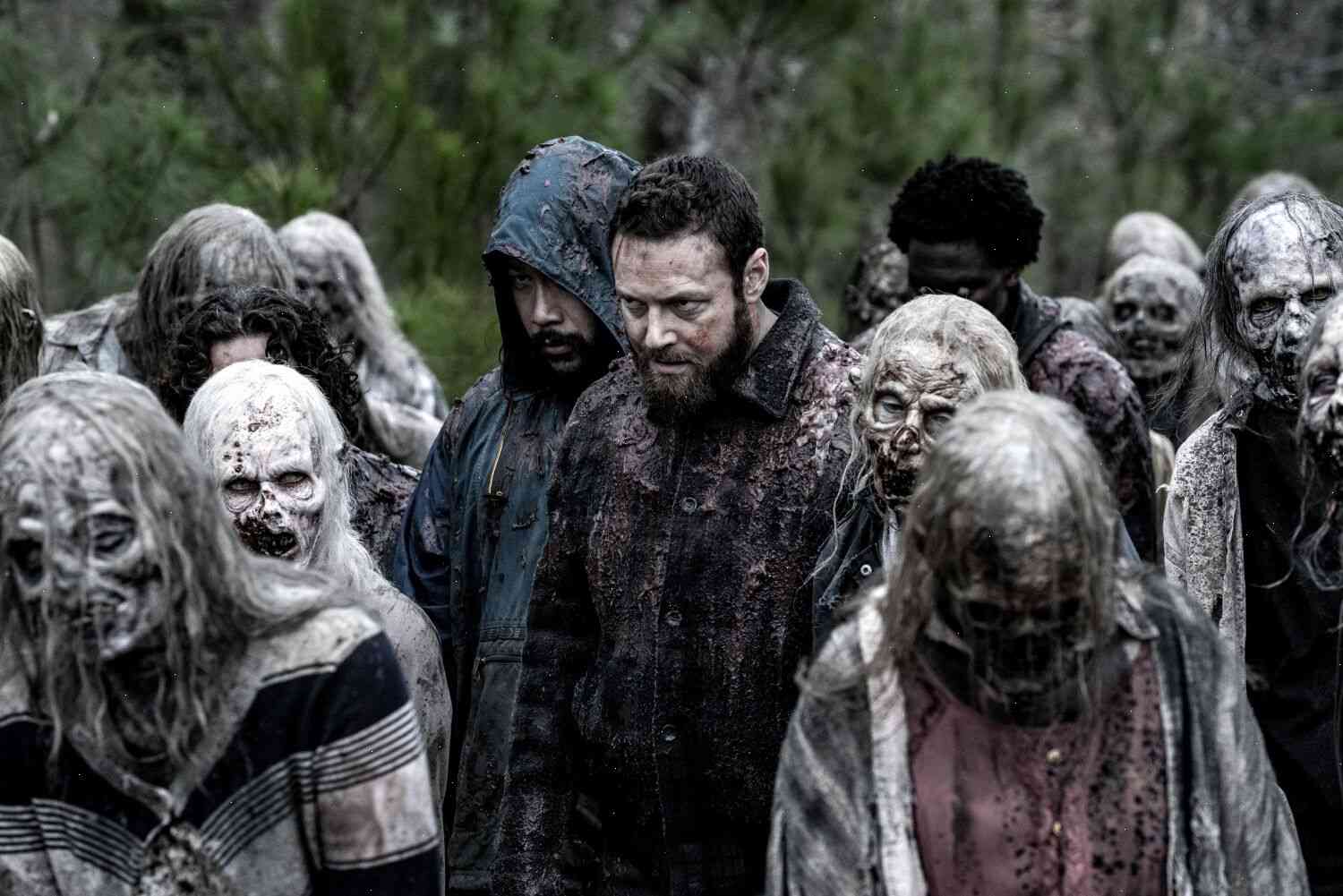How ‘The Walking Dead’ changed the course of the TV revolution
How ‘The Walking Dead’ changed the course of the TV revolution
When The Walking Dead was first announced in 2010 it appeared to be a TV show that would fail to make the cut. At the time, the show was a hit around the world with a cult following and a fan-base built by hundreds of thousands of online ‘fanatics’. Many online commentators were so in love with the idea of a zombie apocalypse that they were willing to bet the farm on them not being cancelled in a year. It was a bold statement for any TV show to make and one that went on to change the face of digital TV so it is fitting that the show’s creator Robert Kirkman went on to create the critically acclaimed The Last of Us.
If The Walking Dead was a disaster at the outset the show has had a long and storied history from its inception. At its most basic, The Walking Dead is a TV show with no zombies. It is a show that follows one character in a human drama that plays out alongside a zombie apocalypse, while dealing with the aftermath of that same apocalypse. Of course the characters are not made up to fill a need in society as much as they are to explore the complexities of the human condition, but in the end, the show is ultimately about how humans survive when the only way to do so is to reinvent them. In other words, The Walking Dead is about what we make of the people we love.
To understand The Walking Dead we need to go back to the start of the story. In 2007, writer Robert Kirkman made a television pitch for his company, Entertainment Weekly. The idea that Kirkman pitched was the creation of a show about how humankind was transformed by a zombie apocalypse. His pitch was so bad that Entertainment Weekly couldn’t even sell it to the studio at the time and Kirkman got the go ahead to make it.
At the start of the decade, Kirkman and his partners were in the midst of their most ambitious project to date: a show that would take a single character in an urban landscape and transform them into someone so human but so monstrous that not only did it make for a great dramatic story but it was also a great opportunity to explore the world of human behaviour and social interaction. Entertainment Weekly was

